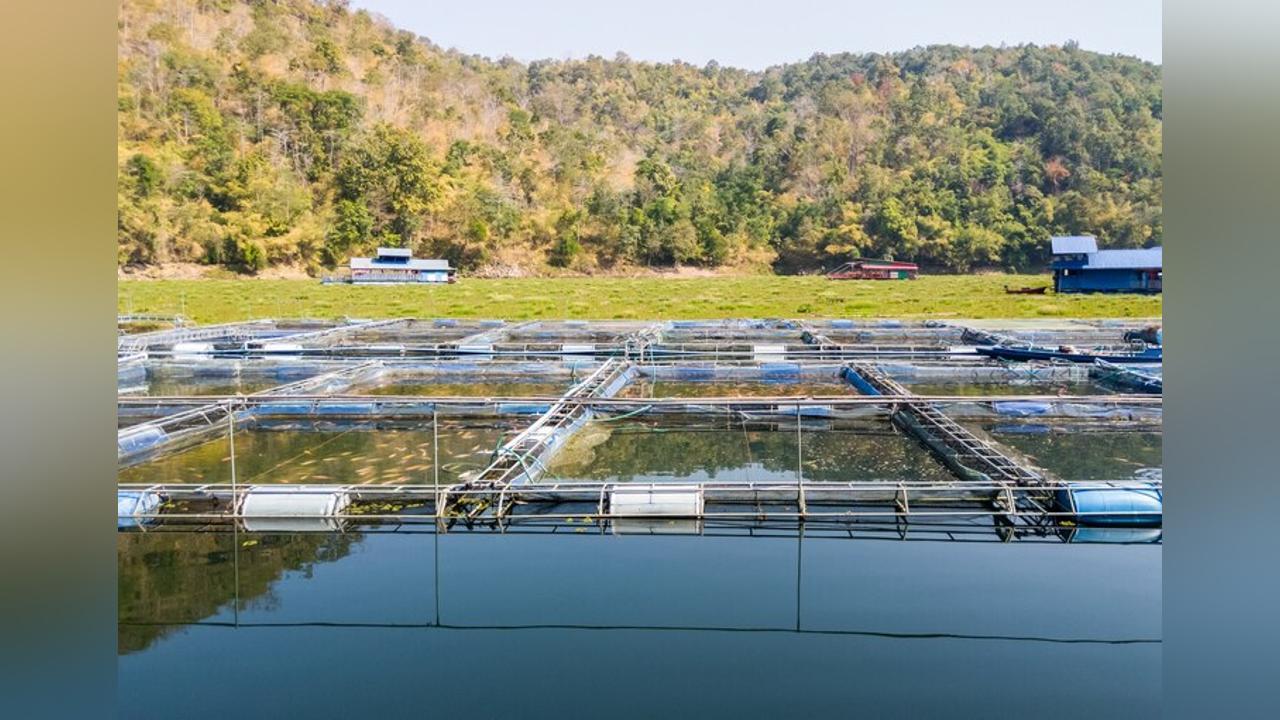Africa-Press – Botswana. Botswana is widely known for its diamonds and wildlife tourism, but the country’s water resources hold untapped potential for growth. Although landlocked, Botswana has rivers, reservoirs, and wetlands that can support a blue economy driven by fisheries and sustainable water use. Investing in this sector could diversify the economy, create jobs, and improve food security.
The Okavango Delta is one of the most significant freshwater ecosystems in Africa. It provides a natural base for small-scale fisheries that support rural livelihoods. Communities living along the delta rely on fish for protein and income. Expanding and formalizing these activities into structured fisheries could help reduce pressure on imports while increasing rural employment. Other water bodies such as the Chobe River, Shashe Dam, and Letsibogo Dam also hold opportunities for aquaculture and fish farming projects.
Aquaculture is an emerging area where Botswana can make progress. Fish farming can be developed in reservoirs and community-managed dams, producing species like tilapia and catfish for local consumption and export. With proper investment in hatcheries, feed production, and training, aquaculture can grow into a reliable industry. Regional trade within the Southern African Development Community (SADC) provides a ready market for fish products, especially in neighboring countries with established demand.
Sustainable water management is equally important. Botswana faces water scarcity due to its semi-arid climate, and integrating fisheries with responsible water use can support long-term growth. Policies that encourage efficient irrigation, water recycling, and community participation will ensure that the fisheries sector does not compete negatively with agriculture and domestic needs. Protecting ecosystems like the Okavango Delta is also vital for biodiversity, tourism, and the livelihoods of thousands of people.
Investors can benefit from government support for diversification projects. Botswana’s National Development Plan highlights agriculture, aquaculture, and water resource management as priority areas. Public-private partnerships are encouraged, particularly in infrastructure development, training, and technology transfer. Local entrepreneurs also have opportunities to create small and medium-sized businesses in processing, packaging, and distribution of fish products.
The potential of Botswana’s blue economy extends beyond fisheries. Investments in water treatment, desalination technologies, and smart irrigation systems can improve water security and strengthen resilience against climate change. Such investments will not only support fisheries but also agriculture, energy, and urban development.
Botswana’s blue economy remains underdeveloped, but the foundation is strong. With careful investment in fisheries, aquaculture, and sustainable water management, the country can build a new pillar for economic growth. This will diversify income sources, reduce reliance on imports, and create jobs, particularly in rural areas. For investors and policymakers, focusing on fisheries and water resources offers a practical path toward sustainable development and long-term resilience.
botswanayouth
For More News And Analysis About Botswana Follow Africa-Press






